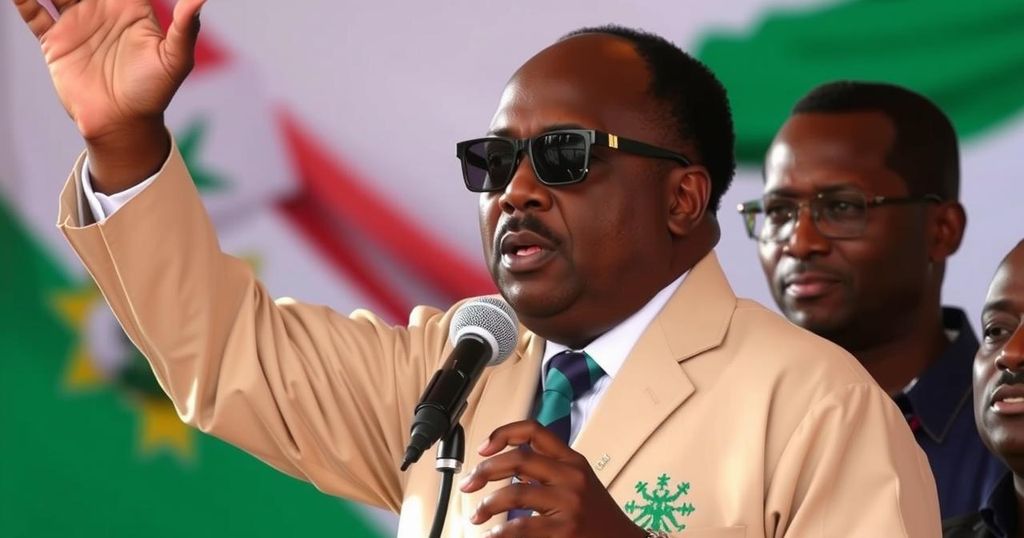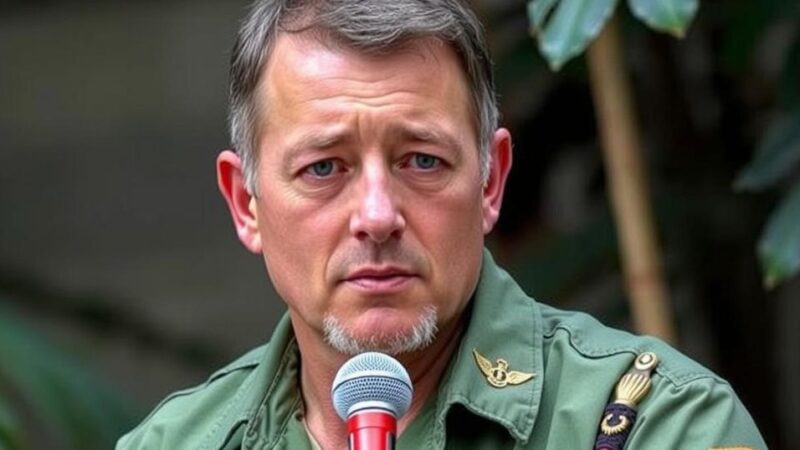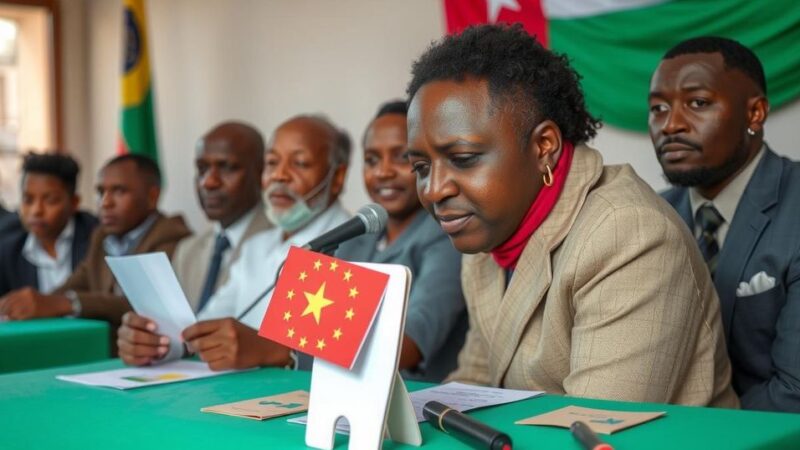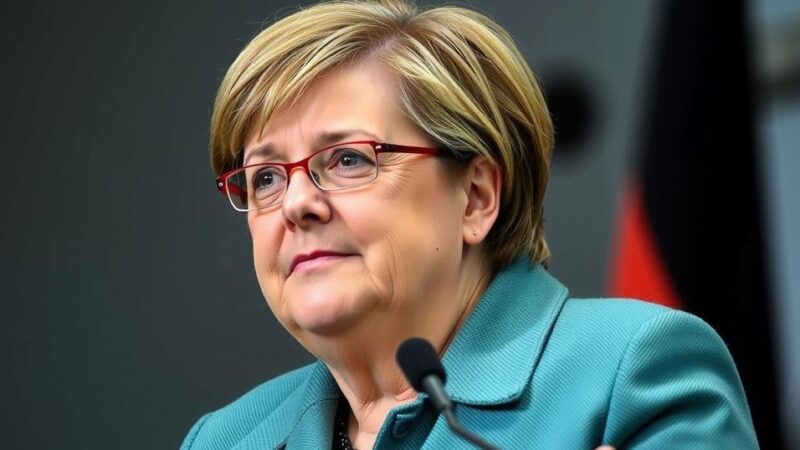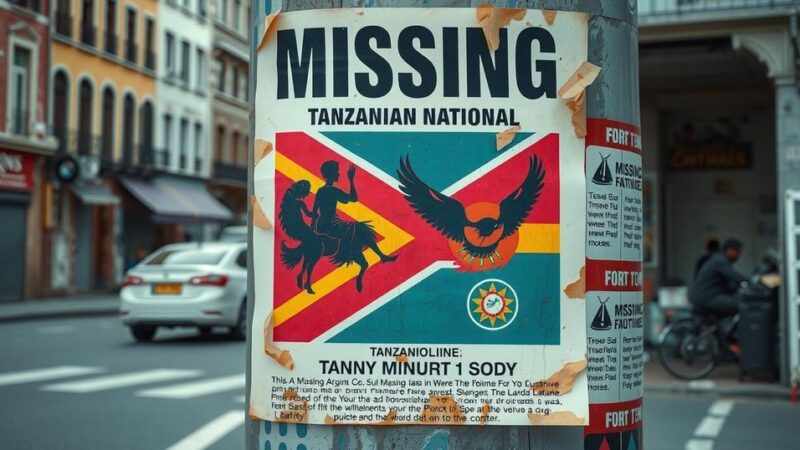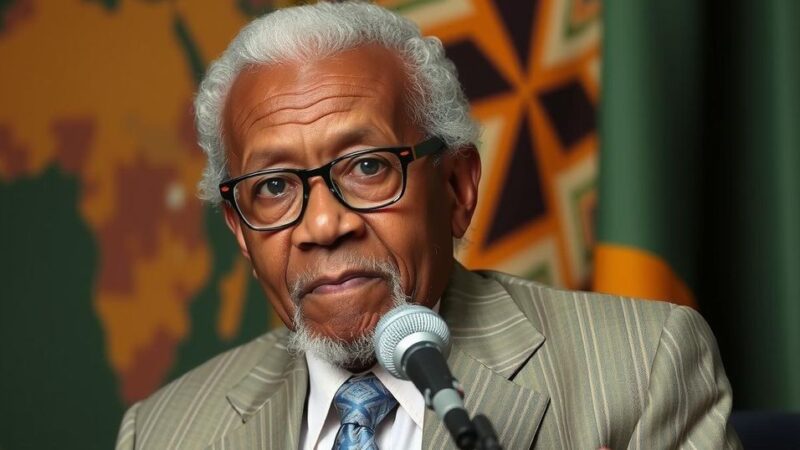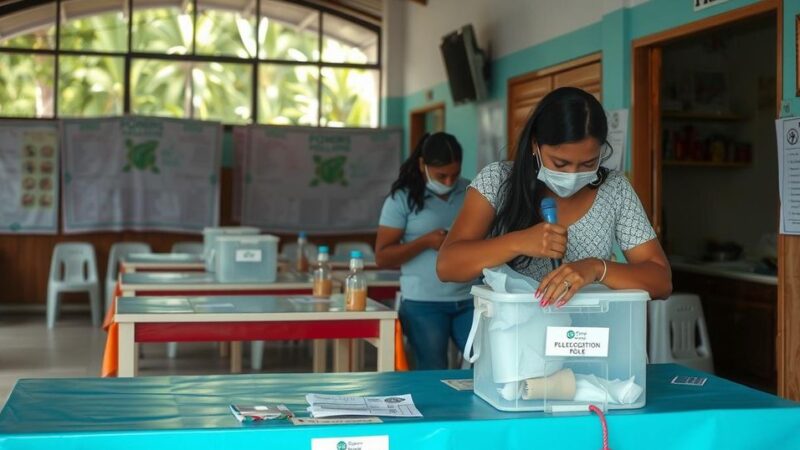Chad’s ruling party, the Patriotic Salvation Movement, won a majority in the parliamentary elections, capturing 124 out of 188 seats amidst a boycott from major opposition parties. The contentious electoral process has raised concerns regarding its validity and the overall direction of Chad’s democratic transition following years of authoritarian rule.
In the recent parliamentary election held in Chad, the ruling Patriotic Salvation Movement (MPS) party secured a decisive victory, winning 124 out of the 188 available seats. This election, which marked the first legislative vote in over a decade, was notably boycotted by the main opposition parties. Turnout for the election stood at 51.5%, as reported by the electoral commission’s head, Ahmed Bartchiret. This vote represents a critical juncture in Chad’s political landscape after military rule ensued following the death of former President Idriss Déby. The ruling party aims to promote decentralization within the governance structure following years of authoritarian control.
The parliamentary elections were part of a broader political transition in Chad, initiated after Mahamat Idriss Déby assumed power in 2021, following the death of his father. This transition aims to establish a more democratic framework following decades of centralized power under Idriss Déby. The election faced significant opposition, with major parties rejecting the legitimacy of the process and branding it a ‘charade’, citing concerns about voter suppression and credibility issues, particularly after last year’s contested presidential election.
The electoral outcome illustrates a consolidation of power for the ruling party amidst widespread opposition boycott and skepticism regarding the electoral integrity. This situation raises questions about the future of democracy in Chad, particularly as the nation grapples with pressing security issues and strained relations with France. The decision by major opposition parties to boycott reflects deep-seated mistrust in the electoral process, which could hinder the country’s movement towards genuine democratic governance.
Original Source: abcnews.go.com

